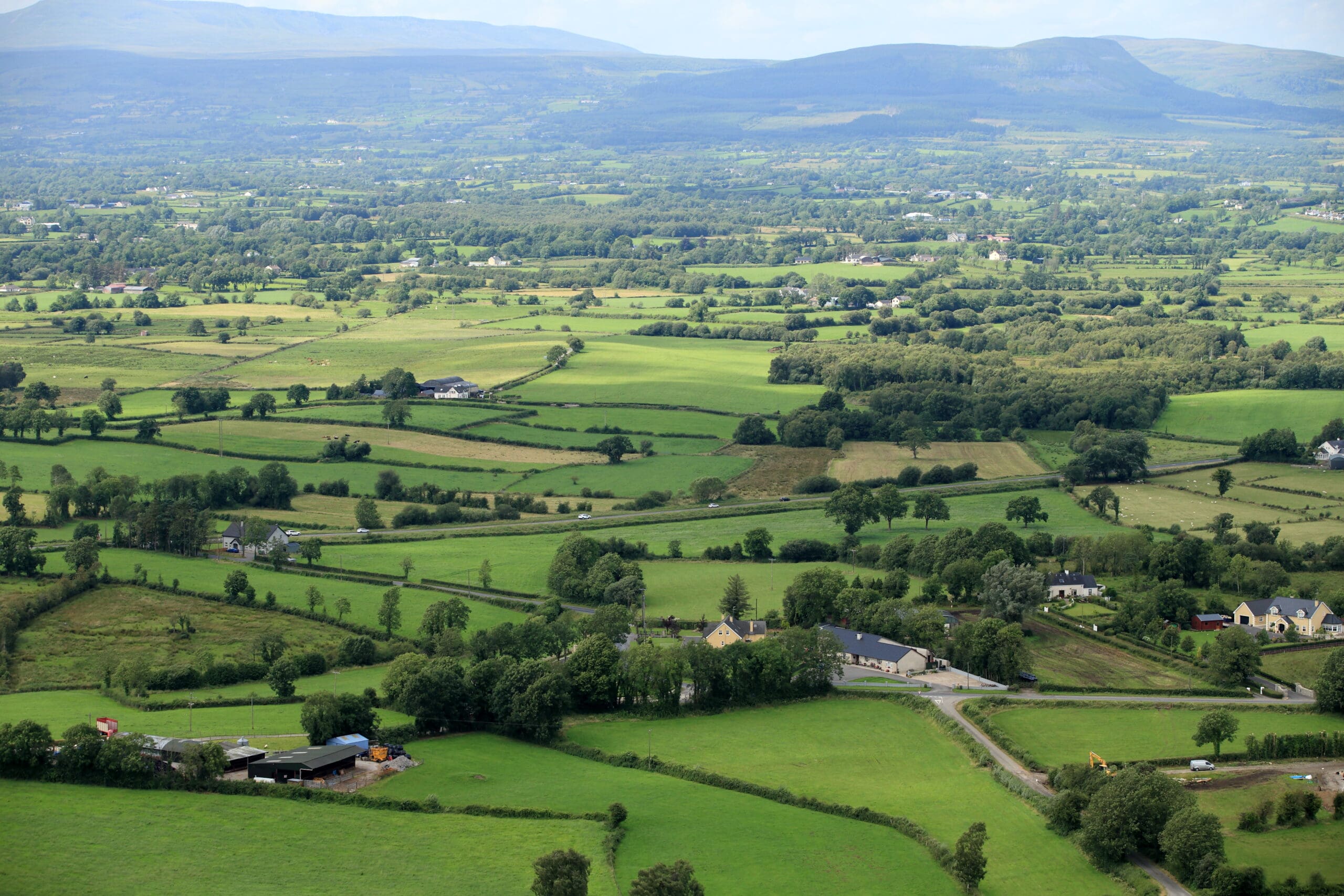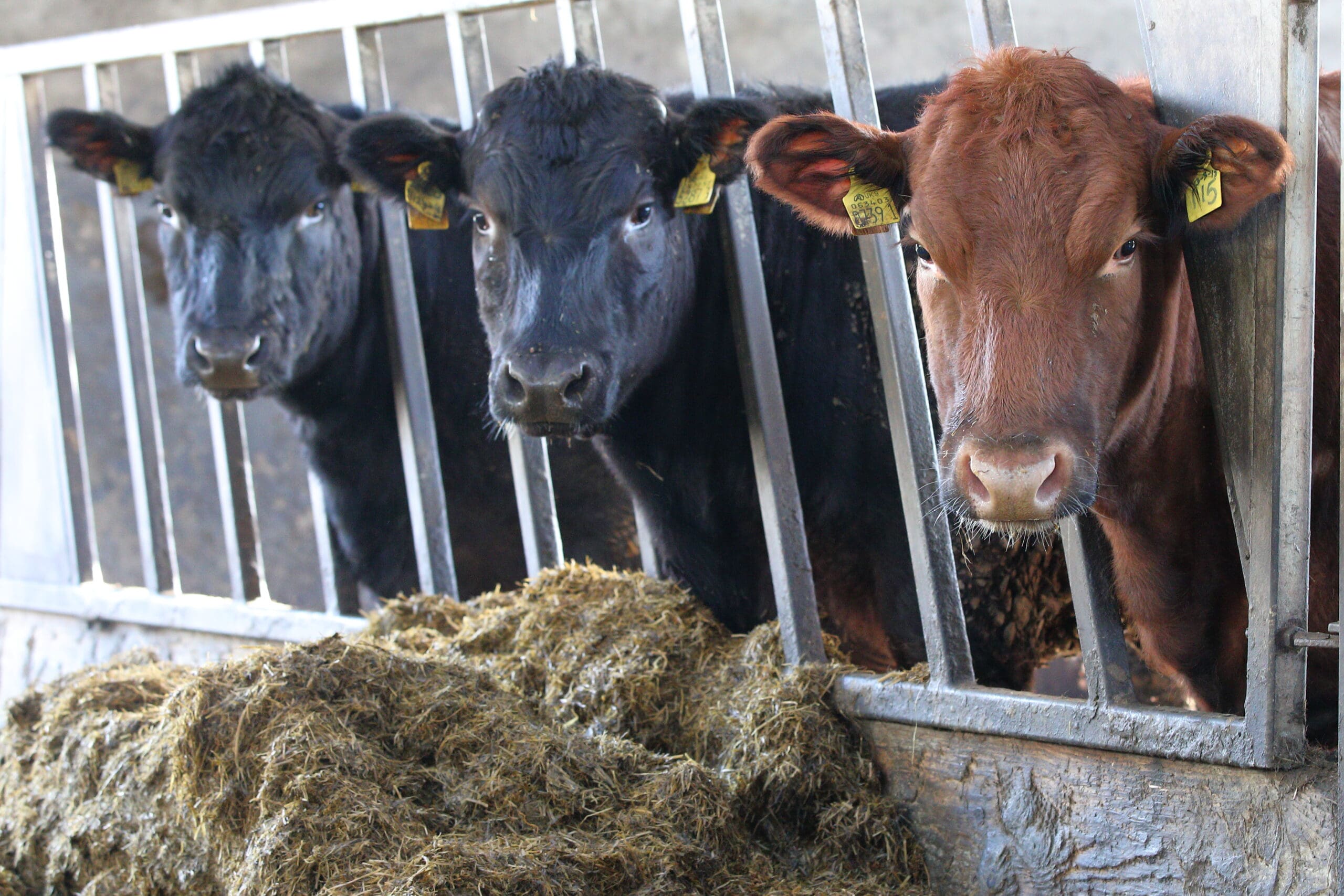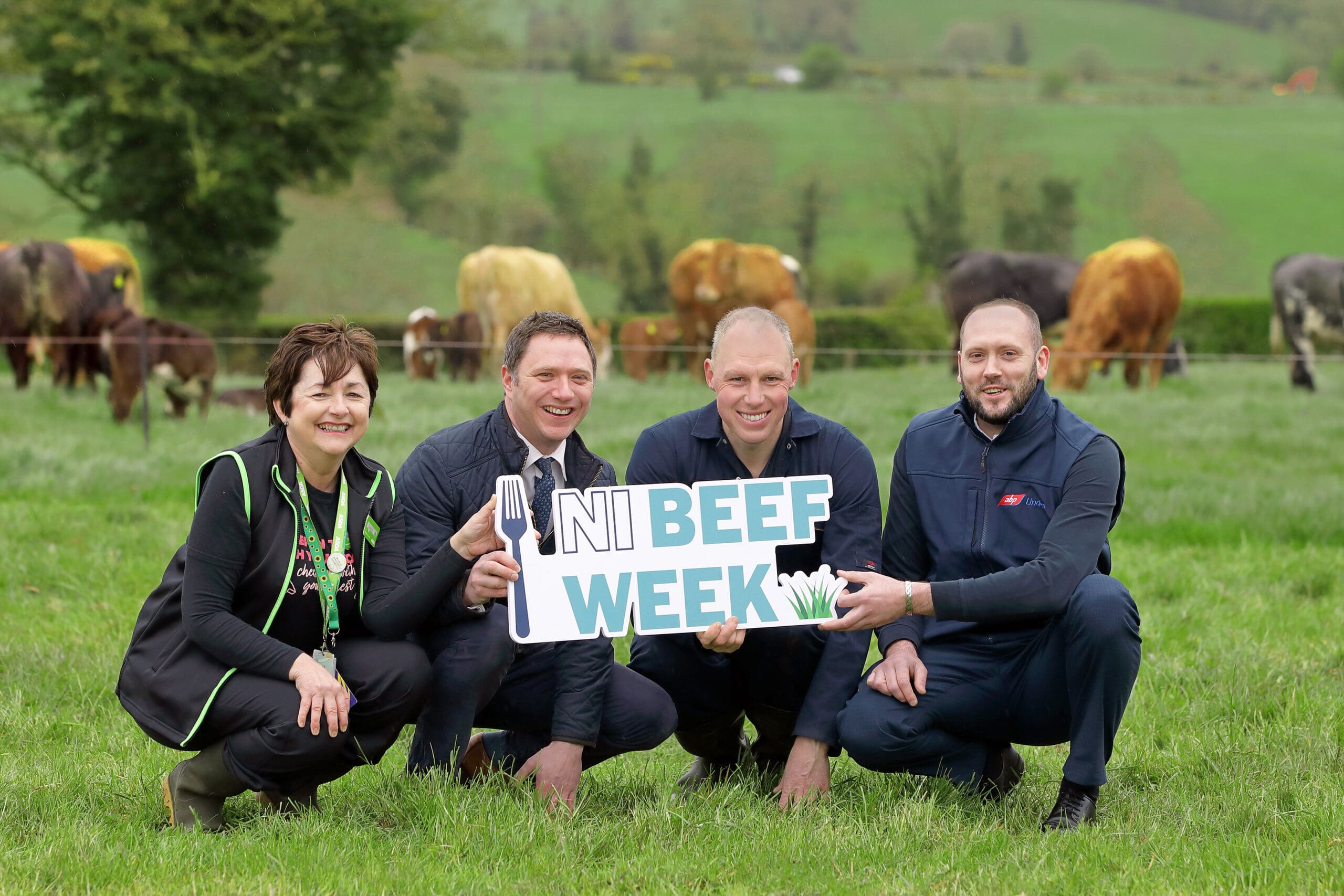Commodity Watch – Waste Exemptions and Registration of Waste Carriers
Back in 2006 new EU requirements extended waste legislation to cover agricultural wastes. Agricultural waste is waste produced at agricultural premises as a result of an agricultural activity and the rules basically mean that for the last number of years farmers have not been permitted to burn or bury agricultural waste or put agricultural waste into the household bin. Farmers have a ‘Duty of Care’ to dispose of any waste correctly by ensuring it is disposed of at a licensed facility or is transferred to an authorised person and if necessary, has the correct Waste Management Licences associated with any movement or disposal activities.
Waste rules do permit a number of agricultural activities to be exempt from the need to have a waste management licence. 25 agricultural waste exemptions have been classified (21 simple and 4 complex) but to avail of these, EU rules require farmers to register these exemptions with DOE/NIEA.. Initially the DOE wanted farmers to register these using a complex and lengthy form however, the UFU successfully opposed this through the Courts which resulted in the registration process for these exemptions being included on the Single Application Form from 2008 onwards to reduce bureaucracy.
Section 6 of the 2015 Single Application Form allows farmers to register for these agricultural waste exemptions. The simple exemptions include activities such as allowing farmers to burn hedge cuttings or if a ditch is cleaned out allows the debris to be deposited on the bank. The majority of these simple exemptions would apply to regular farming practices therefore the UFU would suggest that all farmers require and should mark the ‘yes’ box at question 20. The complex exemptions are more specific however the exemptions covered by questions 21 a), b) and c) could all still be applicable on most farms so again farmers should mark ‘yes’ while 21d) is more specific about using biobeds.
Question 22 relates to the registration as a lower tier waste carrier. This question was added more recently following a judgement in Europe which found that registration of professional waste carriers must include all those who ‘normally and regularly transport waste, whether that waste is produced by them or others’. This then required a number of businesses, including farms, to register as ‘lower tier’ waste carriers. This is a one-off registration process and the UFU again successfully lobbied DOE to include this registration process on the Single Application Form back in 2012 in order to ease the administrative burden on local farmers, and this registration process has remained on the SAF form ever since. It should be noted that it is a criminal offence to transport waste without being registered with the NIEA and that carries a maximum fine of £5,000. As almost all farmers will ‘normally and regularly carry waste from agricultural premises’, the UFU would suggest that farmers mark ‘yes’ against question 22 on their 2015 Single Application Form.
However, farmers should note that this registration is only applicable to waste which is produced at agricultural premises as a result of an agricultural activity i.e. agricultural waste. Farmers transporting controlled waste from other premises must be registered through the ‘upper tier’ registration process which involves a separate application form and requires an application fee to be paid and, if they are receiving waste arising from another farm of from non agricultural activities these exemptions are unlikely to apply therefore they should also make themselves aware of the ‘Duty of Care’ controls.
Waste controls are not part of cross-compliance therefore this process has no link to a farmer’s agricultural aid payments and has no bearing on the cross-compliance inspection process. The SAF form is simply used to collect this registration information for the DOE/NIEA in order to reduce bureaucracy for local farmers. It is however important that farmers consider this section carefully to keep on the right requirements side of Waste Legislation. Any farmer who does not complete a Single Application Form can apply directly to NIEA using a separate form.




